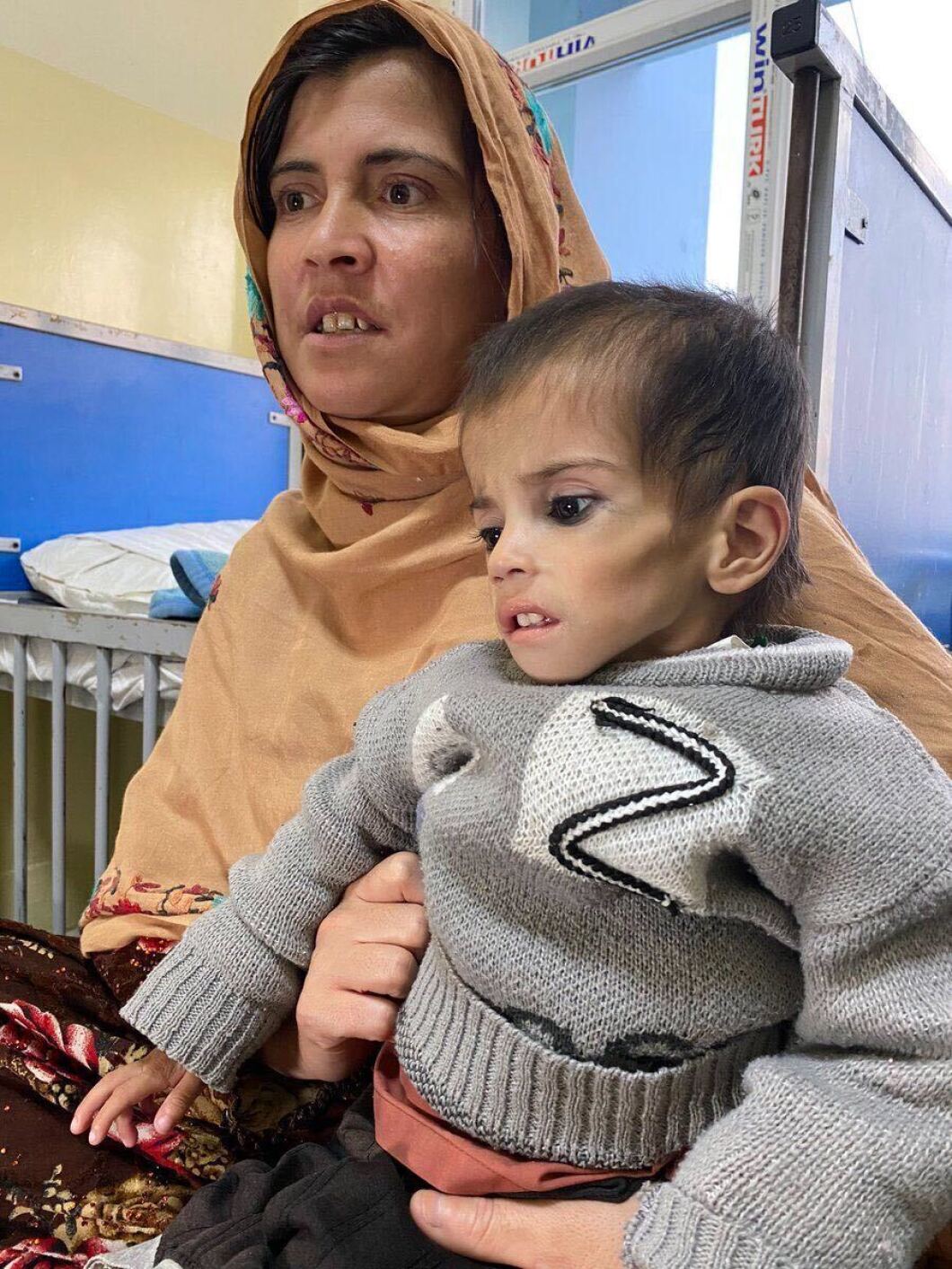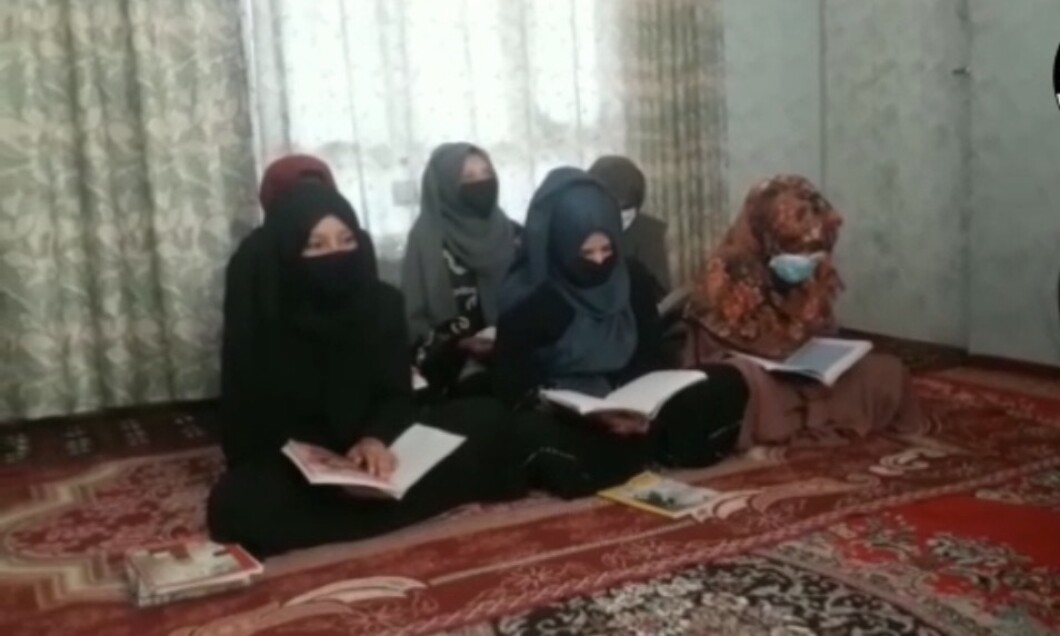
It’s been one year since Americans pulled out of Afghanistan, and predictions of a dire future have come true: starvation, torture, and lawlessness. A society plunged into the early 1900s.
A former government official had a less charitable description.
“Afghanistan is like Buchenwald,” declared Nasser von Waziri, invoking one of the largest World War II concentration camps, where 56,000 people died. “Or it’s war-torn Somalia. That’s what it’s like.”
Von Waziri is a former Afghanistan government security consultant who escaped before the Taliban took over and described in August 2021 for the Washington Examiner the hellish living conditions residents were facing.
The world watched as women went from holding jobs of prominence such as business executives and lawyers to disappearing from public view. But what most don’t realize is that half the country is starving and everyday necessities are now a luxury.

The economy has collapsed, as a huge chunk of the workforce is now missing and people don’t have money to buy anything. The first casualty: the food supply.
“Our diet is not sustainable and healthy at all, our food is only enough to eat and die,” one Afghan woman, a former teacher, told the Washington Examiner.
Her extended family must now make do on the slashed salary of a brother in the medical field.
Residents in urban areas are unable to grow their own food, and the hunger situation is worse than in rural areas. It’s not uncommon for people to survive on roughly three slices of bread a day. Fruits, vegetables, and meat are nonexistent, von Waziri said.
“I spoke to someone last week who said she has not eaten meat in eight months,” von Waziri said. “The people want to survive and will eat anything they get. It’s the same situation as Somalia, if you compare it to that.”
HELLISH LIVING CONDITIONS ARE THE NEW KABUL REALITY
The teacher said she is constantly hungry. She is afraid to go outside to look for food or try to find work because encountering the Taliban is worse than going hungry. A second brother was a military officer trained by the Americans, so the family went into hiding when it was clear that the military and police were being hunted.

“Unfortunately, our economic situation is not good at all. One meal we eat, we worry about the next meal,” she said. “Our food is barely edible, and if we eat a 1 kg meal in two months, it is a good situation.”
Out of all of the aid that has been pouring into Afghanistan from the United Nations, she said her family received one bar of soap.
The family has moved several times to escape the Taliban, who still go door to door hunting for targeted individuals. For the past year, they have feared a knock on their door would be their assassins.
In order to avoid this situation, most women do not go outside, even when wearing a burka and accompanied by an adult family member, per Taliban rules. For every 1,000 men on the streets of large cities, only a few women are seen, von Waziri said.
As the workforce shrinks, so has the commerce, and many stores have closed or are just small kiosks. Residents survive on the bare minimum, even if they have a large bank account. This is due to Taliban limits on bank withdrawals, the equivalent of $100 U.S. dollars per week.
At the beginning of the takeover, households were selling everything they could and have now stripped their homes clean.
For those who do encounter the Taliban either on the streets or at home, being taken into custody means a likelihood that you won’t come back alive, von Waziri said.
“They take the people and beat them and release them after one month if they survive,” he said. “They take them to a private prison. There are so many private prisons that we can’t even count. It could be a building anywhere. They torture the people there.”
One of the bleakest changes has been outlawing school for girls, who see a dark, uneducated future ahead as a child bride to an older man. The Afghanistan Liberation Movement, a Taliban resistance group, decided to combat this by setting up a network of secret schools where girls in grades one to nine can learn math, science, history, and English.
Von Waziri, who is now the group’s security adviser, helps run the schools.
Taliban spies are looking for the schools, so any student who applies undergoes a strict family background check. One of the best perks is food — girls are fed lunch there and allowed to take home food for their families, likely the only meal they will eat that day.
It’s one bright spot in a country gripped by fear and a sense of doom as realization sets in that America is not coming to rescue them, von Waziri said.
CLICK HERE TO READ MORE FROM THE WASHINGTON EXAMINER
“People are in shock as to why this happened,” von Waziri said of the economic and social disaster. “How can America make a deal with a terrorist group? They feel betrayed. We were close earlier with the United States, and we know the U.S. people support Afghanistan, but the politicians do not.”






